Petrochemicals Virgin Plastic Tax 17-08-2021 - Arhive
Petrochemicals Virgin Plastic Tax
Crude Oil Prices Trend

-Eco-friendly plastic from cellulose and water
Göttingen University researchers create new kind of environmentally friendly bioplastic with hydroplastic polymers
Bioplastics like this could be useful in many different situations, such as biology, electronics and medicine
Bioplastics like this could be useful in many different situations, such as biology, electronics and medicine. Photo: K Zhang
Plastics offer many benefits to society and are widely used in our daily life: they are lightweight, cheap and adaptable. However, the production, processing and disposal of plastics are simply not sustainable, and pose a major global threat to the environment and human health. Eco-friendly processing of reusable and recyclable plastics derived from plant-based raw materials would be an ideal solution. So far, the technological challenges have proved too great. However, researchers at the University of Göttingen have now found a sustainable method – “hydrosetting”, which uses water at normal conditions – to process and reshape a new type of hydroplastic polymer called cellulose cinnamate (CCi). The research was published in Nature Sustainability.
Plastics are polymers, meaning that their molecular structure is built up from a large number of similar units bonded together. Currently, most plastics are manufactured using petrochemicals as raw materials, which is damaging to our environment to both extract and dispose of. In contrast, cellulose, which is the main constituent of plant cell walls, is the most abundant natural polymer on earth, constituting an almost inexhaustible source of raw material.
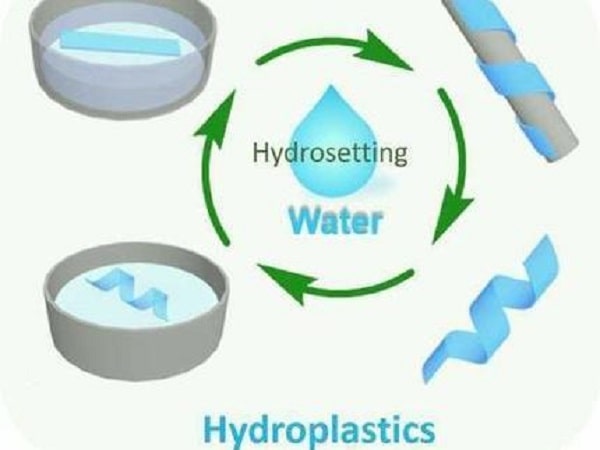
-BP signs MOUs with potential customers for its clean hydrogen production facility in UK
BP has announced that it has agreed Memoranda of Understanding (MoUs) with a series of new potential customers for its proposed clean hydrogen production facility in Teesside in north-east England, as per the company’s press release.
In March, Bp announced plans for a clean hydrogen facility in Teesside (H2Teesside) that would aim to produce up to 1GW of ‘blue’ hydrogen – 20% of the UK’s hydrogen target – by 2030. At the same time, it announced it had signed initial MoUs to scope the supply of hydrogen to chemicals manufacturer Venator and gas distributor Northern Gas Networks. Petrochemicals Virgin Plastic Tax
“Teesside has all the attributes of a world-class clean hydrogen hub – the right natural resources, concentrated demand, potential for hydrogen storage and pipelines, ample access to CCUS and the right skills base,” said Louise Jacobsen Plutt, bp’s senior vice president of hydrogen and CCUS.
Bp has now signed MoUs with four further potential customers – with existing or planned new Teesside operations – for hydrogen produced by the project. These can support and accelerate the development of the Teesside hydrogen cluster and decarbonization of industrial users in the area.

-Chemical companies get serious about plastic recycling
To synthesize plastic, small monomer molecules need to be strung together like beads in a necklace, creating long polymer chains.
However, not all plastics – or their polymers – are created equal. The longer and stronger the polymer, the more durable the material.
Cornell researchers took a middling monomer and, by using a special catalyst, they created a tougher polymer that can form long chains. The polymer can then be easily depolymerized back to the monomer state with an acid catalyst, resulting in a chemically recyclable thermoplastic that competes with the most popular plastics, polyethylene and polypropylene. Petrochemicals Virgin Plastic Tax
“Ideally, the perfect polymer is one that has really high initial stresses and then it undergoes really good elongation,” said Geoffrey Coates, the Tisch University Professor in the College of Arts and Sciences, and the paper’s senior author.
“The polymers you’ve probably heard of, polyethylene and polypropylene, they just have great properties. A lot of new polymers don’t compare well with these tried-and-true ones. Our polymer is right in the middle of the pack. It has been around for 60 or 70 years, but no one’s been able to make really long chains of it and get really good properties.”
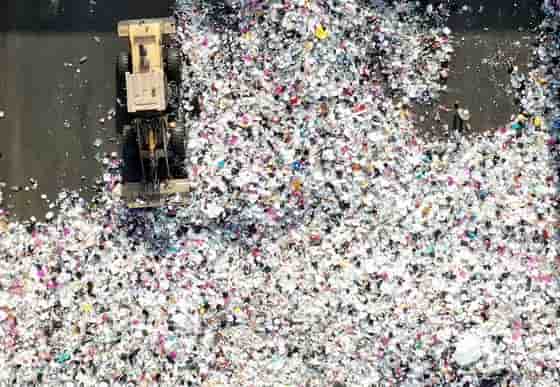
-Researchers add plastic to asphalt for pavement experiment
Joined by researchers and engineers from the Missouri Department of Transportation and the University of Missouri, he was there to talk about the ground. This might be the next big thing in pavement, after all.
“It feels like it. There’s a lot of buzz nationally,” Buttlar said at the Monday night gathering. Petrochemicals Virgin Plastic Tax
A new asphalt mixture was making its debut on the stretch of street — just west of U.S. Highway 63 on Stadium Boulevard. A product of a collaboration between MoDOT, Dow and MU’s Asphalt Pavement and Innovation Lab, the asphalt is different from traditional pavement: it contains recycled plastic.
“Plastic was developed to be durable and has a shelf life of hundreds of years,” Buttlar said. “Asphalt and plastics are also chemically similar because they both come from crude oil, so they can be mixed together. They aren’t perfectly compatible, but it’s close enough that engineers and chemists can work together to find a workable solution.”
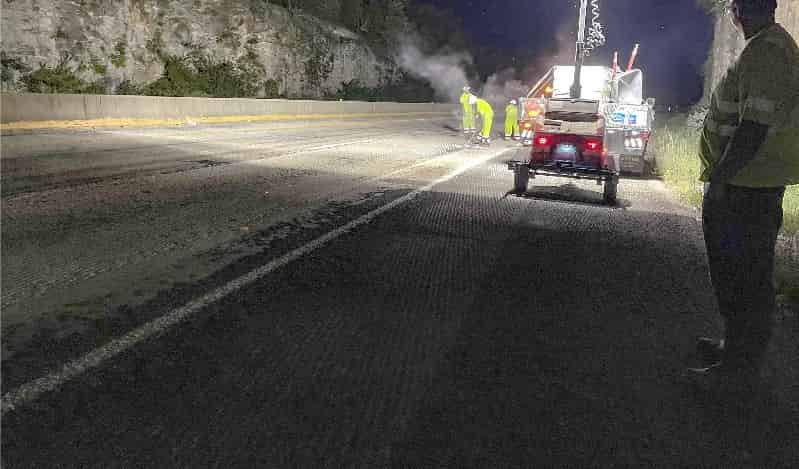
-ANDRITZ to supply textile recycling system to Renewcell, Sweden
Commissioning is planned for the first half of 2022
International technology Group ANDRITZ has received an order from Renewcell to supply textile recycling equipment for its new recycling plant in Sundsvall, Sweden.
The core elements of the new recycling system will be ADuro shredders, which shred used textiles in just one step. With their unique technology, the shredders can cut the incoming material evenly and cleanly, enabling a very high throughput. In the subsequent separation stages, contaminants such as buttons and zippers are removed from the shredded textiles. Renewcell uses this pre-treated material to produce a pure, natural pulp from 100% recycled textiles.
In addition, the scope of delivery includes other key equipment. With the state-of-the-art equipment from ANDRITZ, up to 60,000 tons of used textiles can be processed per year in the new recycling plant. Petrochemicals Virgin Plastic Tax
Renewcell has been working closely with ANDRITZ since 2016 to further develop the processes at its test facility in Kristinehamn, Sweden. This also convinced the company of the performance and quality of ANDRITZ technology in the processing of demanding materials such as textiles.
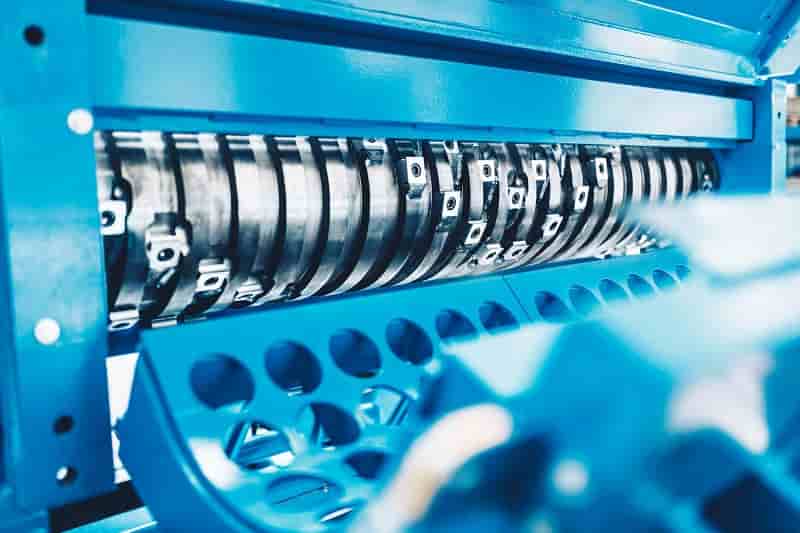
n a recently published profile, Lux Research Inc. assessed Netherlands-based chemical recycling company Ioniqa Technologies at its highest score of ‘Strong Positive’. EPPM spoke with Ioniqa CEO and Founder Tonnis Hooghoudt to find out just how disruptive its technology is. Petrochemicals Virgin Plastic Tax
Congratulations on the positive accreditation from Lux Research. What does it mean to Ioniqa to have its achievements recognised in such a way?
Obviously, we are very proud of the outcome of Lux Research’s assessment and their strong endorsement. Having an independent company like Lux Research value our company as such is a big compliment to the entire team that has been working on getting Ioniqa to where it is today. Bringing a disruptive technology to the market is challenging and requires perseverance. This accreditation is a sign that we are more than on the right track, and will motivate Ioniqa to work even harder to establish our ambition of providing a closed loop for PET.
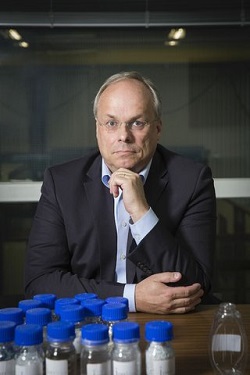
-Faurecia wins bidding tussle over auto lights maker Hella
French supplier will buy 60% of German company in $8B deal
French supplier Faurecia will acquire a majority stake in German automotive lighting group Hella, trumping rival bidders and creating the world’s seventh-largest player.
Faurecia will buy a 60 percent stake in Hella from the founding Hueck family through a mixture of cash and stock, Hella said in a statement on Saturday. The Hueck family will take up to 9 percent of the combined company.
Faurecia said in a separate statement that the transaction represented an estimated total enterprise value of 6.7 billion euros ($7.90 billion) for 100 percent of Hella.
People familiar with the matter previously told Reuters that Plastic Omnium and Mahle had submitted bids at around 60 euros per share, valuing the target at roughly 7 billion euros. German brakes maker Knorr-Bremse dropped out of the bidding last month. Petrochemicals Virgin Plastic Tax
The deal, expected to close early 2022, is one of the biggest in the European auto parts industry in the past three years.
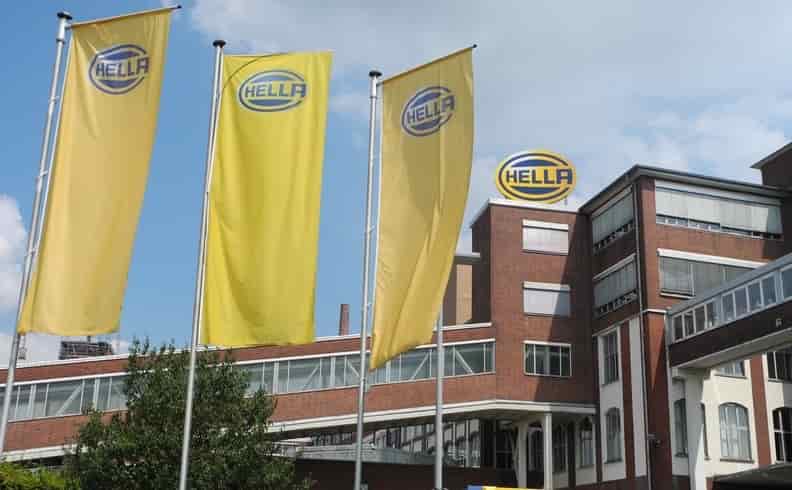
-US Senator introduces bill with 10-cent tax on virgin plastic
A US Senate bill to put a 10 cent/lb tax on virgin plastic resin in 2022 is currently in committee, after it was introduced by Senator Sheldon Whitehouse, a Democrat from Rhode Island, under the REDUCE Act. Petrochemicals Virgin Plastic Tax
The Rewarding Efforts to Decrease Unrecycled Contaminants in Ecosystems (REDUCE) Act, also known as S.2645, will apply to virgin plastic used to make single-use products, including plastic packaging, beverage containers, bags and food service products. Exported virgin plastic and post-consumer recycled resin would be exempt.
The fee would apply to plastic makers, producers, or importers of more than 10 tons.
The following table shows the proposed tax on virgin plastic per pound from 2022-2024.
Year Tax per lb
2022 10 cents
2023 15 cents
2024 20 cents
The bill also provides rebates for certain products such as companies that make medical products, containers or packaging for medicines and personal hygiene products.
Virgin plastic used to make non-single-use products would also qualify for this rebate.
The revenue from these fees will go into the creation of a Plastic Waste Reduction Fund, according to the bill’s text.
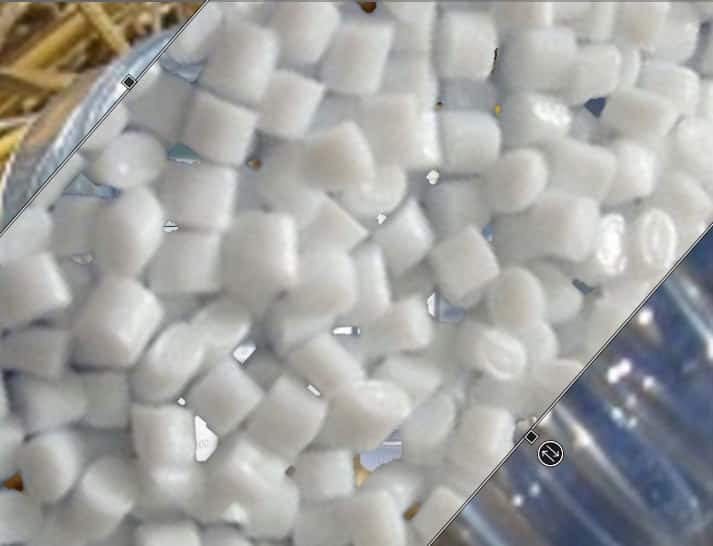
-Phillips 66 weighs broader move into developing electric vehicle batteries components
Phillips 66, the fourth largest US oil refiner, is weighing a broader move into developing battery components for electric vehicles and storage systems, according to top executives, leveraging its own and others’ research as it accelerates a shift from fossil fuels, reported Reuters. Petrochemicals Virgin Plastic Tax
Phillips 66, which gets the bulk of its profits from processing oil into gasoline, diesel and petrochemicals, has become one of the largest supplies of graphite used to make a key component in electric vehicles. It recently formed an “emerging energy” unit to explore new markets for hydrogen and low-carbon fuels.
“The US refining business in the future is going to be smaller, not bigger,” Chief Executive Greg Garland told reporters at its headquarters on Monday.
Battery research and partnerships would pivot beyond its small but lucrative materials business. Phillips 66’s existing business – supplying materials for companies building graphite anodes for EV batteries – has been valued at more than USD1 billion. The anode is about 10% to 15% of a lithium-ion battery’s cost.

-Blue hydrogen could emit more than natural gas
An academic paper has found that blue hydrogen could emit more than gas, although other experts have argued it is based on a worst-case scenario.
The paper finds blue hydrogen CO2 emissions are only 9-12pc less than for grey hydrogen. And when including methane, the greenhouse gas footprint is 20pc higher than burning natural gas or coal for heat and 60pc higher than burning diesel oil, it said. Petrochemicals Virgin Plastic Tax
The paper assumes a 3.5pc emission rate of methane from natural gas, and uses the 20-year global warming potential. It also assumes blue hydrogen is made using steam methane reforming (SMR) with a carbon capture rate of 85pc for the SMR process, and just 65pc of CO2 in the flue gas.
Only two facilities that produce blue hydrogen are in commercial operation, meaning data is limited. Data from Shell’s Alberta facility show a mean efficiency of 79pc from the SMR process, with daily rates varying from 53pc to 90pc, the paper said. It did not provide data from the Air Products facility in Texas.
The existing blue hydrogen facilities only capture CO2 from the SMR process itself, the paper said. But natural gas must be combusted to create high heat and pressure to drive the SMR process, and they are not capturing CO2 from the resulting flue gas.
The CO2 is more dilute in this stage, and the paper assumes just 65pc of this flue gas can be captured.
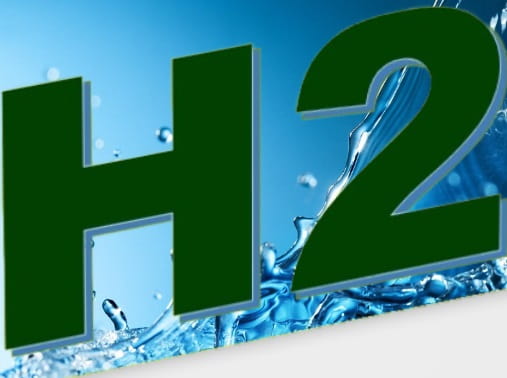
Petrochemicals Virgin Plastic Tax
